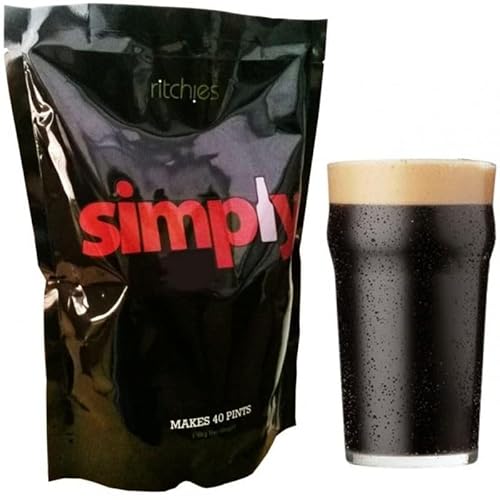- Joined
- Aug 23, 2021
- Messages
- 4,456
- Reaction score
- 4,925
No, you won't miss out on anything (flavour/proteins/character) by leaving the bits (trub) behind - otherwise everyone would always be stirring up all the gunk to transfer to the fermenter.In your opinion is there anything you miss out on by not including the 'bits' at the bottom? I use whirlfloc and have no doubt if I waited I could could rack very clear wort into the fermenter. I'm just concerned I'll miss out on the flavour/proteins/character that may be in the residue...?
Genuine question. I prefer flavour over clarity but have produced very clear brews which I consider a bonus...
Counterintuitively, you don't need clear wort to get clear beer. Clear wort will ferment into clear beer, and cloudy wort will have all the particulates drop to the bottom of the fermenter and also ferment into clear beer.







































